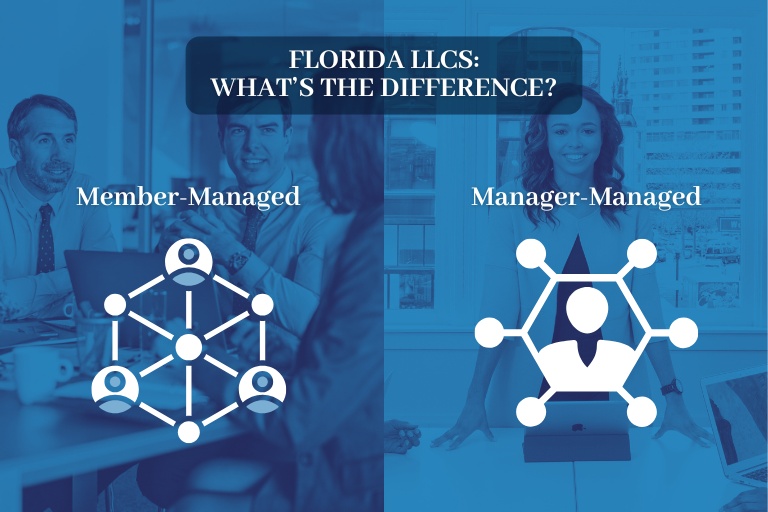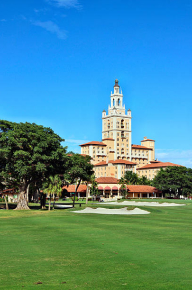From Estate Planning to Business Law, Asset Protection to Real Estate, and Tax Planning to Compliance—your future, safeguarded from every angle.
Estate Planning Tips for Couples with a Non-U.S. Citizen Spouse

Table of Contents
What International Families Need to Know About U.S. Tax Rules
By Bianchi Fasani Green Law, Estate Planning Attorneys in Miami, Florida
Why Estate Planning Is Different with a Foreign Spouse
When one spouse is not a U.S. citizen or tax resident, estate planning becomes more complex. In most traditional U.S. estate plans, married couples benefit from the unlimited marital deduction, which allows one spouse to transfer any amount to the other at death without incurring federal estate tax. However, this powerful tax benefit does not apply automatically when the receiving spouse is a non-U.S. citizen.
This creates a potential tax liability that would not exist in a U.S.-citizen-to-citizen estate plan. Understanding these differences is critical to preserving wealth and avoiding unintended tax consequences—especially for families in Miami and Key Biscayne, where many residents maintain international ties and dual residencies.
The Marital Deduction Limitation
For a U.S. citizen to leave assets to a non-citizen spouse without immediate estate tax consequences, they must plan carefully. The IRS limits the marital deduction for non-citizen spouses because of concerns that assets could be moved abroad and escape U.S. taxation permanently.
In 2024, the lifetime federal estate and gift tax exemption is $13.61 million per individual. Without the marital deduction, any amount above that transferred to a non-citizen spouse at death may be taxed at up to 40% unless specific planning tools are used.
Qualified Domestic Trusts (QDOTs)
To address this limitation, the U.S. tax code allows for a Qualified Domestic Trust (QDOT). A QDOT allows a U.S. citizen spouse to leave assets to a non-citizen spouse in trust and still benefit from the marital deduction—provided that certain legal requirements are met:
- The trust must have at least one U.S. trustee.
- The trust must be properly established and reported on a timely filed estate tax return.
- Principal distributions to the surviving spouse may be subject to estate tax unless they qualify for a hardship exception.
A QDOT allows the estate to defer tax until distributions are made or the surviving spouse passes away. It’s a critical tool for many international families in South Florida, especially those with ties to Europe or Latin America.
Planning with Lifetime Gifts
Gifting strategies during life can also help minimize estate tax exposure. However, gifts to a non-citizen spouse are not unlimited. For 2024, the IRS permits an annual exclusion of $185,000 for gifts to a non-citizen spouse. Gifts above this amount reduce the lifetime gift and estate tax exemption.
Other tools, such as irrevocable trusts, family limited partnerships, or gifting through foreign entities, may be used strategically, especially where high-value international assets are involved—common in multicultural hubs like Miami and Key Biscayne.
International Assets and Jurisdictional Conflicts
Many international couples hold assets outside of the United States. It’s important to understand how these assets are treated for U.S. estate tax purposes. The U.S. taxes the worldwide assets of its citizens and residents, but non-residents are taxed only on their U.S.-situs assets.
Planning for multiple jurisdictions often requires coordination with legal and tax professionals in other countries. Conflicts between foreign forced heirship laws and U.S. planning structures (like trusts) may also need to be addressed.
Practical Tips for Couples with Cross-Border Situations
- Identify whether the non-citizen spouse intends to become a U.S. resident or citizen.
- Consider using QDOTs if you plan to transfer significant assets at death.
- Use lifetime gifts strategically, within the annual exclusion limits.
- Maintain detailed records of citizenship, residency status, and asset location.
- Coordinate with cross-border professionals to ensure compliance in all relevant jurisdictions.
These considerations are especially relevant for couples living in Miami, where cross-border issues frequently arise due to the city’s diverse and international population.
Our Experience with International Families in Florida
At Bianchi Fasani Green Law, based in Miami, Florida, we specialize in estate planning for families with international ties—especially where one spouse is not a U.S. tax resident. Our attorneys understand the complex legal and tax rules that apply to cross-border couples, and we provide customized strategies to help:
- Minimize estate and gift tax exposure
- Preserve wealth across generations
- Comply with U.S. and international regulations
We are proud to serve families in Key Biscayne, where we have helped numerous clients navigate estate planning challenges unique to foreign nationals and mixed-citizenship marriages. Our team is fluent in Italian and Spanish, and we offer services tailored to multicultural families relocating to Florida, investing in U.S. real estate, or acquiring dual citizenship.
Whether you’re just beginning to plan or updating an existing estate structure, we’re here to help you protect your family—both here and abroad.










